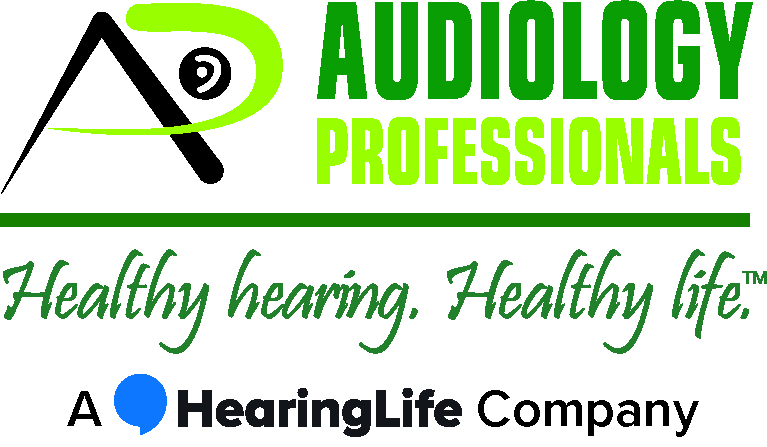What To Do About Itchy Ears
Our ears are highly sensitive, so they can itch even without a specific reason. Possible causes for Itchy ears can be based on a number of reasons such as earwax buildup, infections, or allergies.
Even though they are small compared to other parts of the body, ears contain a lot of sensitive neurological fibers. Because of this, ears are prone to itching. You might have chronically itchy ears simply because the ears are highly sensitive.
An itchy ear can also be a sign of an underlying medical problem. Knowing some of the causes of itchy ears can help you determine how to find relief.
What Causes Itchy Ears?
Earwax Buildup: Earwax, or cerumen, is a natural substance produced by the ear canal to protect and clean the ear. However, excessive earwax can become impacted and lead to itching, discomfort, and even temporary hearing loss. Itchy ears due to earwax buildup are common and easily treatable.
Allergies: Allergic reactions can cause itching in various parts of the body, including the ears. Allergens such as pollen, dust, pet dander, or certain foods can trigger an immune response, leading to itching and inflammation in the ears.
Infections: Ear infections: whether bacterial or fungal, can cause significant itching. Alongside itching, patients may experience pain, discharge, and hearing loss. Prompt treatment is crucial for ear infections.
Skin Conditions: Skin conditions like eczema, psoriasis, or seborrheic dermatitis can affect the ear canal, leading to itching and flakiness. Managing these skin conditions can help alleviate ear itching.
Swimmer’s Ear: Swimmer’s ear, or otitis externa, is an infection of the outer ear canal often associated with water exposure. It can cause intense itching, pain, and discharge. Keeping the ears dry and seeking treatment can help.
Hearing Aids: Hearing aids can sometimes cause itchy ears because of their plastic coating. The material may cause a mild allergic reaction in some people with sensitive skin.People wearing hearing aids may also experience itchy ears if water gets trapped behind the hearing aid.
Treatment For Itchy Ears
Avoid Inserting Objects: One of the most important pieces of advice is never to insert objects like cotton swabs or fingers into the ear canal. This can push earwax deeper, damage the ear canal, and increase the risk of infection.
Maintain Ear Hygiene: To prevent earwax buildup, practice good ear hygiene. Use a damp washcloth to clean the external ear gently. If earwax is blocking the ear, a few drops of over-the-counter (OTC) ear drops can loosen the wax. In the event that the above does not work, a doctor may inject a saline solution into the ear to remove excess earwax. Avoid using ear candles, as they can be dangerous.
Allergy Management: If allergies are causing ear itching, work with an allergist to identify and manage your allergens. Antihistamines or other allergy medications may help alleviate symptoms.
Avoid Moisture in the Ear: If you’re prone to swimmer’s ear, use earplugs or a swim cap to keep water out of your ears while swimming. After water exposure, dry your ears thoroughly with a clean, dry towel.
Medication and Treatment: In cases of ear infections, skin conditions, or severe itching, your healthcare provider may prescribe medications or topical treatments to alleviate symptoms and address the underlying issue.
Hearing Aids: A drop of oil can also help relieve itchiness due to hearing aids. If this does not help, your audiologist can ensure your hearing aids are fitted correctly and make sure you are not experiencing an allergic reaction to your hearing aids.
Itchy ears can be both bothersome and concerning, but the key to finding relief is understanding the underlying cause. While some minor cases of itching may resolve on their own, it’s crucial not to ignore persistent or severe symptoms. Seeking professional guidance from an audiologist is the best way to ensure proper diagnosis and treatment, helping you get back to a comfortable and itch-free life.
Remember, the well-being of your ears is essential for your overall hearing health, so take good care of them!
Get Your Hearing Checked & Contact Us Today
If you would like to speak with one of our hearing care professionals, get in touch today. Contact the Audiology Professionals team by calling (541) 228-9233. Alternatively, click here to contact us online. Our goal is to deliver personalized care by prioritizing your unique hearing needs in the process.
